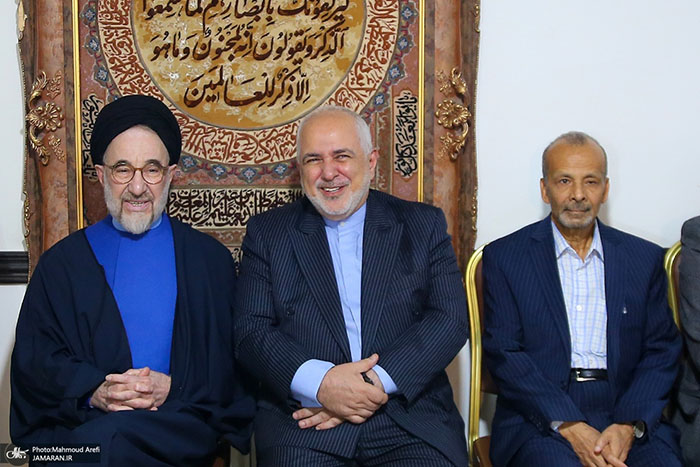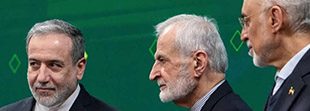In the early revolutionary years, he was appointed by Ayatollah Khomeini as the head of the Kayhan Institute, a major cultural and media institution. Between 1982 and 1992, he served as the Minister of Culture and Islamic Guidance, overseeing the difficult balance between cultural freedom and revolutionary values during the Iran-Iraq War. As deputy cultural director of the Supreme Commander’s Staff and head of the War Propaganda Staff, he played a crucial role in shaping Iran’s wartime cultural and informational strategies.
After resigning from the Ministry of Culture under political pressure, he remained influential—taking up roles such as the head of the National Library of Iran and becoming an advisor to the President. His intellectual background in philosophy, especially his studies in the works of German thinkers such as Jürgen Habermas, shaped his worldview and eventual reformist ideology.
The Reformist Presidency
When Khatami announced his candidacy for the 1997 presidential election, few believed he would achieve significant success. Yet, he stunned the political establishment by winning over 20 million votes—more than 70% of the electorate. His victory sent a clear signal: the Iranian people were yearning for change, openness, and a new tone in political leadership.

